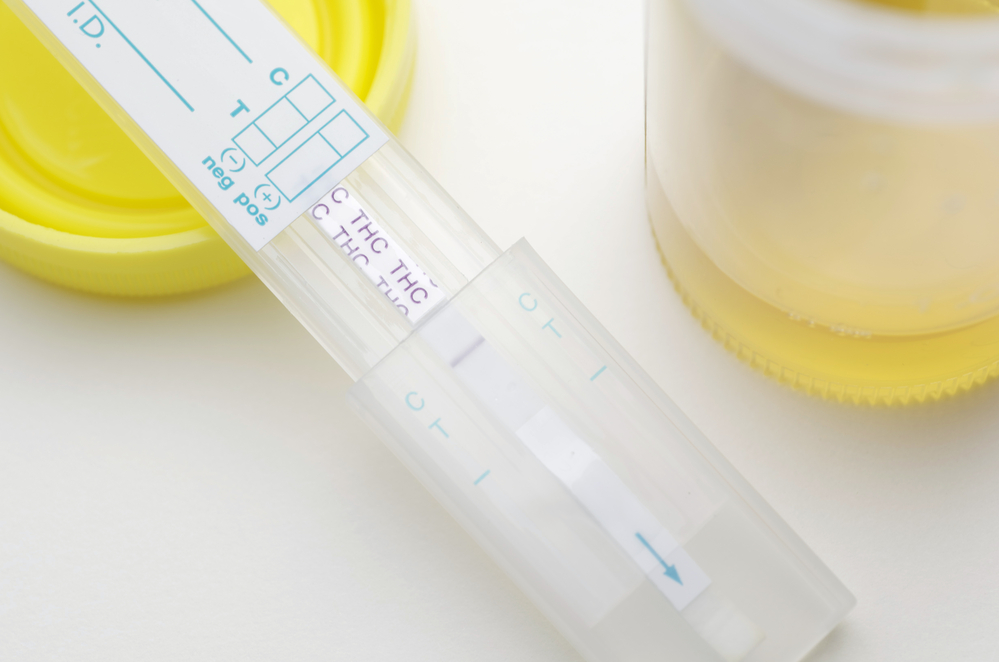
New York has proposed an expansion to employee protections in the workplace. It attempts to address a serious problem for medical cardholders. Patients who use medical cannabis after hours for symptom management are still vulnerable to punitive consequences from employers.
On March 31, 2021, New York Governor Andrew Cuomo signed Senate Bill S854A, the “Marihuana Regulation, and Taxation Act” repealer. The new legislation states that is illegal for an employer to fire, hire, or discriminate against employees that legally use medical cannabis.
The legislation in SB S854A does not take away an employer’s right to act if an employee is impaired by cannabis. If an employer determines that an employee is impaired to the degree that they are a safety hazard (to themselves, or other people) they can still be fired. And if an employee is found using cannabis on business property, the employer would still be permitted to take punitive action. Based on workplace health and safety needs. And protection against civil liability that employers could face, if employees conduct work activities while impaired by cannabis (or any other controlled substance).
Senate Bill S854A has passed the New York House of Representatives and state Senate. The third reading of the bill is underway, after which time it will be given back to Gov. Cuomo for signing into law. And New York residents who are registered patients in the statewide medical cannabis program will have new labor protections.

Keeping your job is important. And we are all motivated to do everything we can, to avoid jeopardizing the income we need to live. But medical marijuana patients are frequently put into a contradictory situation. And faced with two difficult choices, regarding their use of medical marijuana.
Neither alternative for people with chronic health conditions is a good one. Both risk job security, either by random drug testing by the employer or from absenteeism and job performance. Not to mention the fact that patients will still test positive for THC if they use cannabis after work, and on weekends.
States that have legalized medical cannabis are working to legally resolve the double jeopardy. Ensuring health equity means that patients with a medical card should not be penalized for using alternative medicine. And many states are introducing new legislation to extend more protection for patients, with expanded labor laws.
The stigma about cannabis is still prevalent in the United States. And the concept that everyone that uses cannabis (for recreational or medicinal needs) falls into stereotypes. Understanding that these cultural stereotypes have their root in 1950’s “Reefer Madness” propaganda isn’t difficult. Creating a new contemporary view of a high-functioning, responsible medical cannabis user is challenging.
People who have health conditions get their medical card, to follow the law. Before legalization, they had options to get weed on the Black Market. It is always available. But patients who get their medical card are legitimately registered patients, following state laws. And medical cannabis for them is a way to optimize their quality of life. It is for intents and purposes, a prescription that helps patients live a better and more productive life.
Many patients with a medical card will use different products. So, if you are imagining a massive ‘bong rip’ before they get into their car, that’s not accurate. Does it happen? Probably. Not everyone is a responsible user. But the same can be said for people who abuse other substances like alcohol. Addiction impacts safe behavior for all controlled substances.
Patients typically have many different potencies and types of cannabis. This helps them better manage their symptoms, and retain clarity, alertness, and safety during daytime use. For example, a patient with chronic pain may opt for a low-THC edible. The duration of relief from an edible can last anywhere from 4-6 hours or longer. Low-THC products don’t create an intoxicating psychoactive response. It allows the patient to remain functional, and in most cases, virtually pain-free. So that they can have a normal day at work.
Forget what Hollywood movies have shown you about the ‘typical pothead’ who gets completely wasted every time they smoke weed. That is the same as saying every single person that consumes alcohol is falling drunk every day, all day. It’s an exaggeration and example of negative profiling for propaganda and political purposes.
Patients have the guidance of their physician, and also a team of knowledgeable cannabis experts at their local dispensary. non-cannabis users don’t realize the number of available strains. And how different each strain can be, providing physiological and cognitive benefits. Not detriments.
Daytime cannabis strains are typically low-THC. You have the stuff to do! You don’t want your boss to find you face down on the keyboard in your cubicle, right? But if you can’t type because of your muscle spasms? If your diabetic neuropathy is so bad, that even sitting in a chair causes pain in your feet or legs, makes it impossible to concentrate? A low dose may not completely resolve the pain symptoms, but it can mean the difference between being functional, and unable to work.
Patients are selective about their daytime strains. And are more likely to take a microdose at home, either through a vape, pipe, capsule, tincture, or edible, and then that is it for the day. They typically won’t take another dose until they get home after work. Their goal is to not become intoxicated. The goal for patients with a medical card is to be functional and productive.

What is unclear right now, about the move to amend labor protections for MMJ users, is drug screening. Will employers still be able to insist on mandatory pre-employment drug screening for all new hires? Would that be a constitutional violation?
Arguments against expanded labor laws for medical cardholders, state that some occupations must have zero tolerance. This can include healthcare professions, and law enforcement, military occupations, and more.
Employers in New York (if the bill is signed into law) may not be able to insist on pre-screening and drug testing for new hires. However, employers can choose not to hire people who refuse to submit to a drug test. But the new legislation can make that issue grounds for violation of the new labor law. It would constitute discrimination against any New York resident who has a medical card. And people who use medical cannabis after hours and on weekends for health needs.
No Information on MarijuanaDoctors.Com should be used to diagnose, treat, prevent or cure any disease or condition. You can view our Full Disclaimer here.